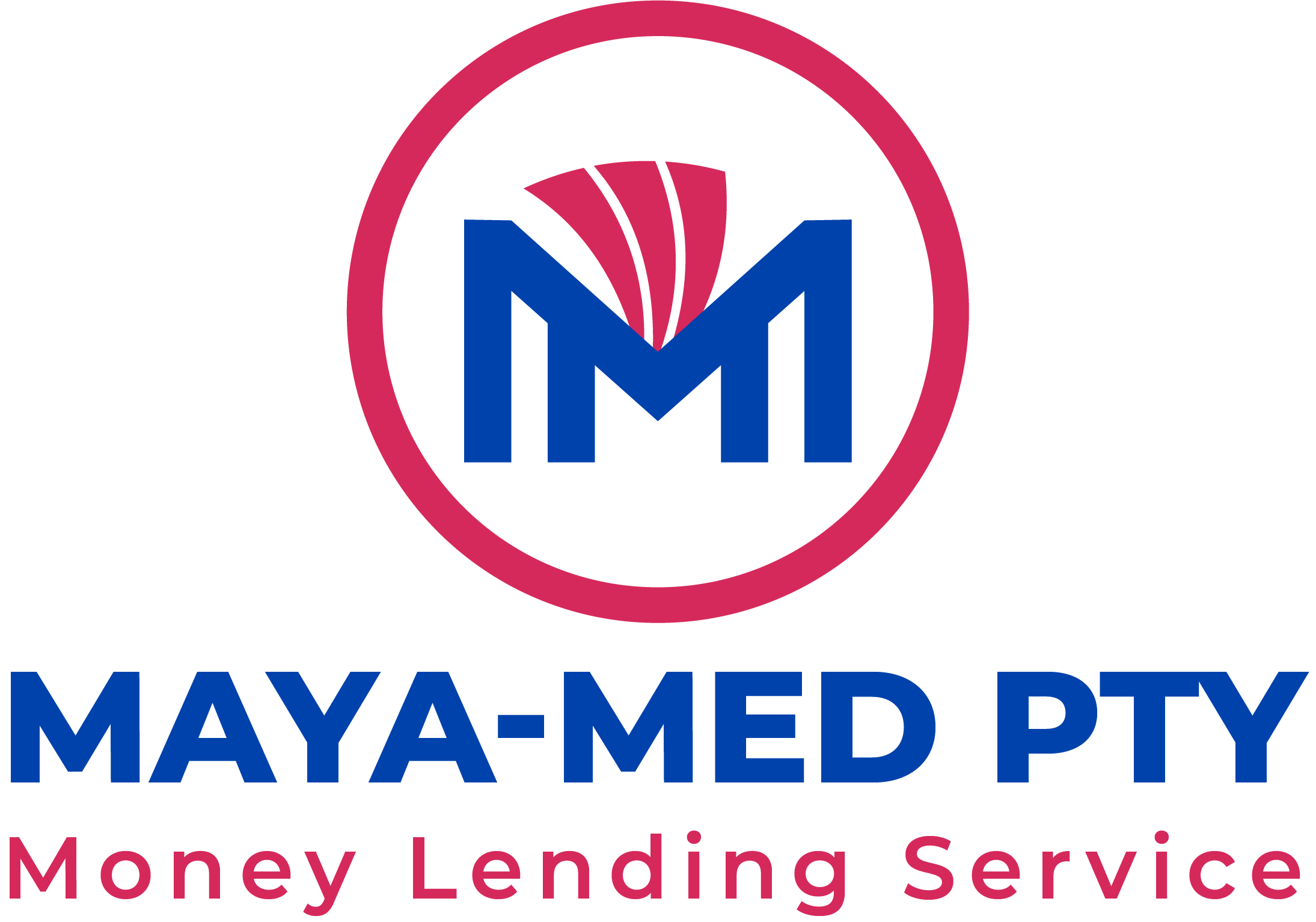Download
+27 63 209 481
abednigobles@gmail.com
We are here to help our customer any time. You can call on 24/7 To Answer Your Question.

Education Loan
A personal loan is a type of installment loan provided by financial institutions, such as banks, credit unions, or online lenders, to individuals for various personal expenses. Unlike secured loans, like mortgages or auto loans, personal loans are typically unsecured, meaning they don’t require collateral. Here’s a detailed description:
Student Loan Requirements
The specific requirements for student loans can vary depending on the type of loan and the lender. However, here are some common requirements for obtaining a student loan:
- Enrollment in an Eligible Educational Institution: To qualify for a student loan, you typically need to be enrolled in an eligible educational institution, such as a college, university, vocational school, or trade school. The institution must be accredited to receive federal financial aid.
- Completion of the Free Application for Federal Student Aid (FAFSA): For federal student loans, including Direct Subsidized Loans, Direct Unsubsidized Loans, and Direct PLUS Loans, you must complete the FAFSA form. The FAFSA determines your eligibility for federal financial aid based on factors such as income, assets, and family size.
- Satisfactory Academic Progress (SAP): To maintain eligibility for federal student loans and many private loans, you must maintain satisfactory academic progress as defined by your school. This typically includes maintaining a minimum GPA and completing a certain percentage of your coursework.
- Loan Limits: There are limits on how much you can borrow in federal student loans each academic year and over the course of your education. These limits vary depending on factors such as your year in school, dependency status, and whether you are a dependent or independent student.
- Credit Check (for some loans): While federal student loans typically do not require a credit check, some private student loans may require a credit check or a co-signer with good credit to qualify. Your credit history can affect your eligibility and the terms of the loan, such as the interest rate.
- Financial Need (for some loans): Some federal student loans, such as Direct Subsidized Loans, are need-based, meaning you must demonstrate financial need to qualify. Financial need is determined based on the information provided on the FAFSA.
- Entrance Counseling: Before receiving federal student loans for the first time, you may be required to complete entrance counseling, which provides information about your rights and responsibilities as a borrower and helps you understand loan terms and repayment options.
- Master Promissory Note (MPN): When you accept a federal student loan, you must sign a Master Promissory Note (MPN), which is a legal document that outlines the terms and conditions of the loan and your agreement to repay it.
It’s important to carefully review the specific requirements for each loan you’re considering and to understand the terms and conditions before borrowing. Additionally, make sure to explore all available options for financial aid, including scholarships, grants, work-study programs, and federal student loans, before considering private loans.
Education Loan FAQs
-
Need a lower monthly payment plan?
There are many variations of the have suffer in some fo injected humour, or words believable. Lorem ipsum dolor sit amet, consectetur adip isicing elit.
-
Want to study at prestigious university?
There are many variations of the have suffer in some fo injected humour, or words believable. Lorem ipsum dolor sit amet, consectetur adip isicing elit.
-
Want to invest and don’t have money?
There are many variations of the have suffer in some fo injected humour, or words believable. Lorem ipsum dolor sit amet, consectetur adip isicing elit.
